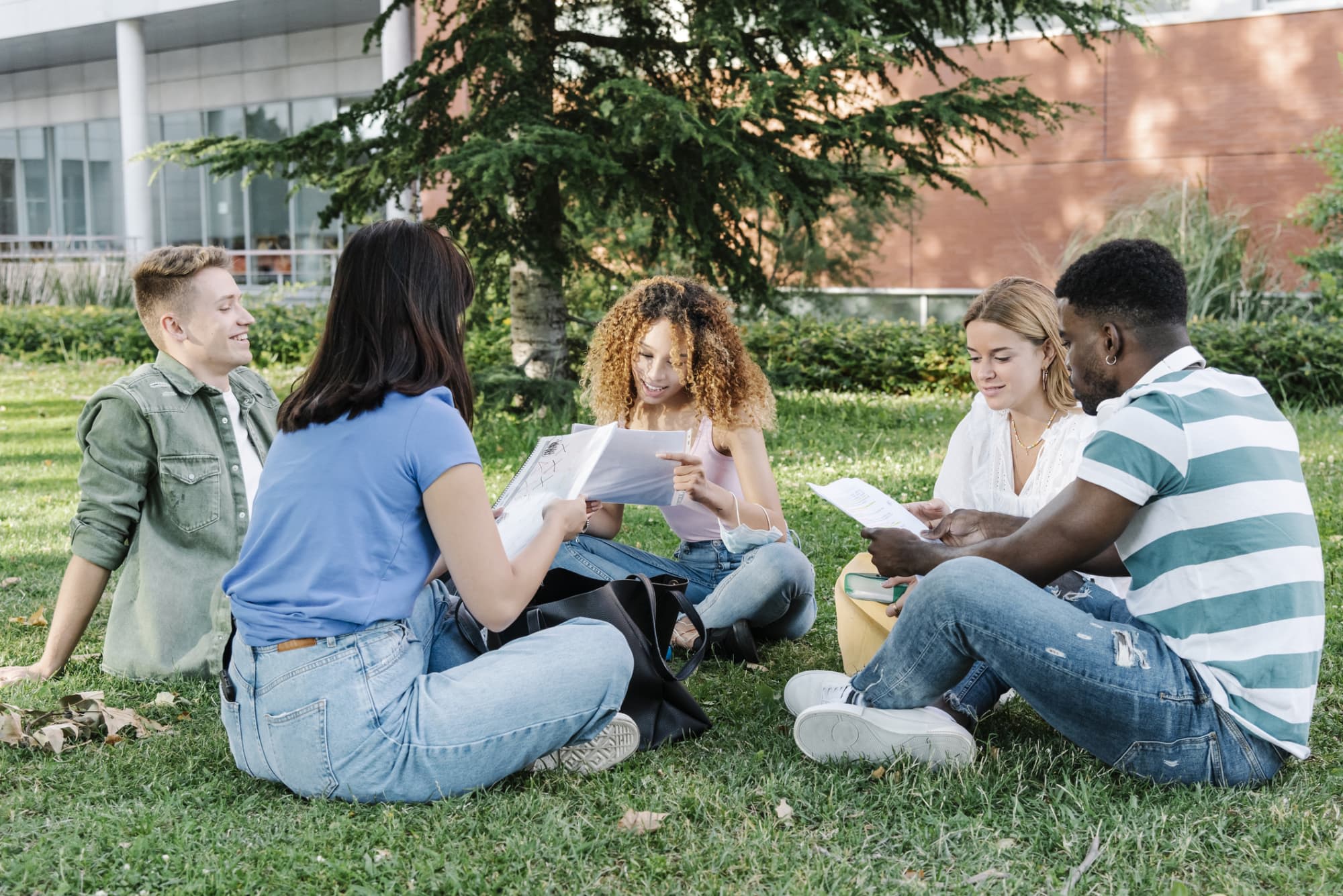Group projects are a common occurrence in both high school and college settings. They require students to collaborate and work together to achieve a common goal. While working in a group can be challenging, it can also be a valuable learning experience. To help students succeed in group projects, we turned to a professor for advice on how to approach these assignments effectively.
When it comes to group projects, communication is key. Professor Jane Smith, an English professor at a prominent university, stresses the importance of clear and open communication among group members. “It’s essential for group members to communicate openly and honestly with one another throughout the project,” she says. “This includes discussing ideas, setting goals, and addressing any issues that may arise.”
In addition to communication, Professor Smith recommends establishing clear roles and responsibilities within the group. “Each group member should have a specific role to play in the project,” she explains. “By assigning specific tasks to each member, and holding them accountable for their responsibilities, you can ensure that everyone contributes to the project effectively.”
Furthermore, Professor Smith advises setting realistic goals and deadlines for the project. “It’s important to establish a timeline for the project and set achievable goals along the way,” she says. “This can help keep the group on track and ensure that the project is completed on time.”
Another aspect of succeeding in a group project is being open to feedback and constructive criticism. Professor Smith emphasizes the importance of providing feedback to group members in a constructive and respectful manner. “Feedback is crucial for improving the quality of the project,” she says. “It’s important for group members to be open to feedback and willing to make changes based on the input they receive.”
Lastly, Professor Smith recommends reflecting on the group project experience once it is completed. “After the project is finished, take some time to reflect on what went well and what could have been improved,” she says. “This reflection can help you learn from the experience and apply those lessons to future group projects.”
In conclusion, group projects can be a challenging but rewarding experience for students. By following these tips from Professor Smith, students can improve their communication skills, work effectively in a team, and achieve success in their group projects. With clear communication, defined roles, realistic goals, and a willingness to learn from feedback, students can ensure that their group projects are a success.
